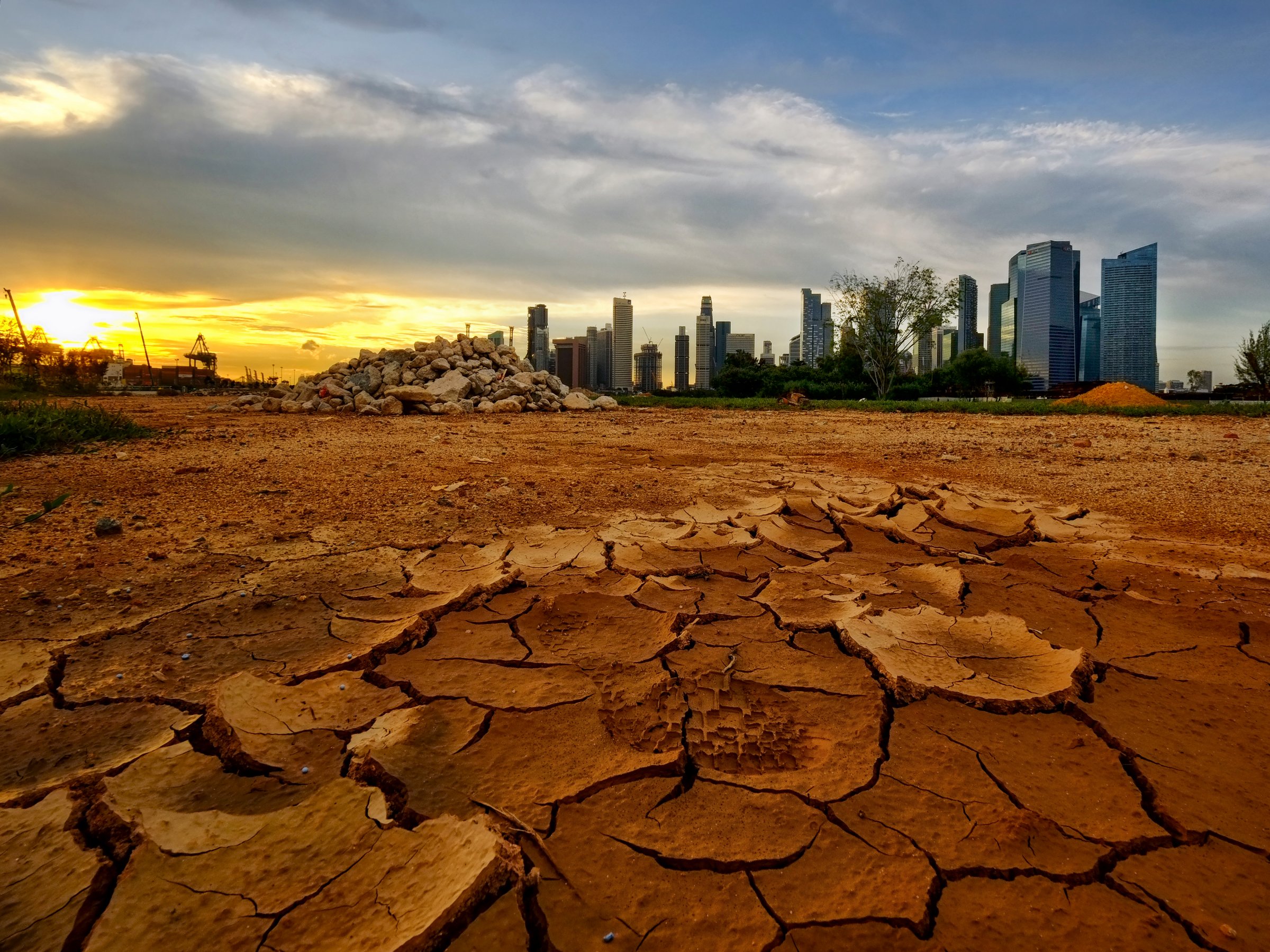
Only 16% of Americans believe there is not enough evidence to prove global climate change is real, the lowest percentage since a survey began asking the question in 2008.
The study, which reports the result of a survey of more than 900 Americans from the National Surveys on Energy and Environment, shows that 70% of U.S. residents believe evidence supporting global warming. That’s a 7 percentage point increase over the spring of 2015 and a 10 percentage point increase from last fall.
“This is not a trivial jump,” said report author Barry Rabe, a professor at the University of Michigan. “When you see a shift like this in a relatively short period of time, that’s significant.”
The research shows Americans’ views on climate change have varied with the weather. In years with extreme weather, respondents were more likely to say they believed in climate change. In the first decade of the 21st century, global warming experienced a hiatus during which temperatures rose more slowly than they had in previous years. But recent studies have shown the end of that trend as temperatures continue on an upward trajectory. Record high temperatures in the first half of 2015, along with extreme climate events like the California drought, help explain the sudden surge in climate change belief from spring to fall, Rabe said.
Read More: Why Your Income Changes How You See the Weather
The findings come as policymakers have placed renewed focus on addressing the issue. President Obama has issued a number of landmark regulations to reduce the country’s fossil fuel emissions. Ultimately, Obama has said he hopes to reduce carbon dioxide emissions by up to 28% below 2005 levels by 2025. Other countries around the world have made similar commitments ahead of a major conference on climate change in Paris this December.
It’s unclear whether public belief in climate change will create a stronger mandate for action on public policy. For one, the results of survey don’t indicate whether respondents believe climate change is manmade, a key sticking point for those who oppose more regulation. More broadly, views on climate change can change shift quickly, Rabe said.
“Does this suggest a shift that’s going to shift public policy?” asked Rabe. “That’s not at all clear. It’s only one snapshot.”
More Must-Reads From TIME
- What Student Photojournalists Saw at the Campus Protests
- How Far Trump Would Go
- Why Maternity Care Is Underpaid
- Saving Seconds Is Better Than Hours
- Welcome to the Golden Age of Ryan Gosling
- Scientists Are Finding Out Just How Toxic Your Stuff Is
- The 100 Most Influential People of 2024
- Want Weekly Recs on What to Watch, Read, and More? Sign Up for Worth Your Time
Write to Justin Worland at justin.worland@time.com